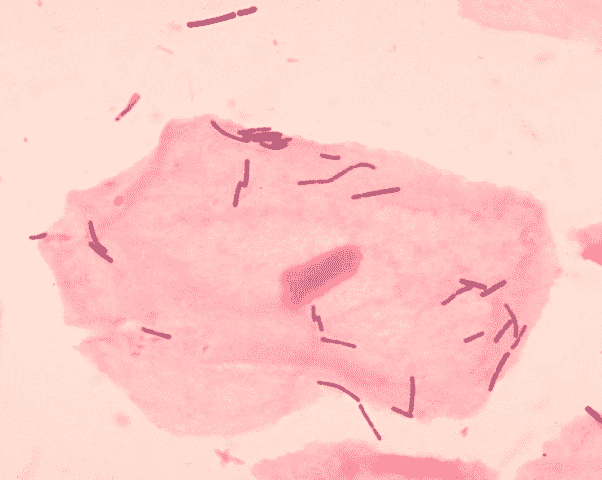Lactobacillus is a genus of bacteria that plays a significant role in maintaining gut health and overall well-being. It is one of the many beneficial bacteria found in the human gastrointestinal tract. Here’s an explanation of the role of Lactobacillus in gut health:
1. Fermentation and Production of Lactic Acid:
- Lactobacillus bacteria are lactic acid producers. They ferment sugars and carbohydrates from the food you eat, converting them into lactic acid.

- Lactic acid helps create an acidic environment in the gut, which inhibits the growth of harmful pathogens, such as certain disease-causing bacteria and fungi.
2. Maintaining Gut Microbial Balance:
- Lactobacillus bacteria are considered “lactic acid bacteria” and are part of the normal, beneficial microbiota in the human gut.
- They help maintain a balanced microbial community in the gastrointestinal tract by outcompeting harmful microorganisms for resources and space.
3. Gut Barrier Function:
- Lactobacillus species play a role in strengthening the gut barrier, which is vital for preventing the entry of harmful substances, pathogens, and toxins into the bloodstream.
- They promote the production of mucin, a protective layer that lines the gut and serves as a barrier against harmful invaders.
4. Immune System Support:
- Lactobacillus bacteria interact with the gut-associated lymphoid tissue (GALT), which is a significant part of the immune system.
- They help regulate the immune response, ensuring that it can respond to pathogens while preventing unnecessary inflammation.
5. Digestion and Nutrient Absorption:
- Lactobacillus species contribute to the digestion and absorption of nutrients from food.
- They break down complex carbohydrates and help with the absorption of essential vitamins and minerals, such as B vitamins and calcium.
6. Protection Against Diarrhea and Infections:
- Lactobacillus probiotics have been shown to be effective in preventing and treating various types of diarrhea, including infectious and antibiotic-associated diarrhea.
- They can help protect against gastrointestinal infections by inhibiting the growth of harmful bacteria.
7. Allergen Tolerance:
- Some studies suggest that Lactobacillus may contribute to the development of immune tolerance, potentially reducing the risk of allergies and autoimmune conditions.
Ways to Support Lactobacillus and Gut Health:
- Consuming probiotic-rich foods and supplements containing Lactobacillus strains.
- Consuming prebiotic foods that provide nourishment for Lactobacillus and other beneficial gut bacteria.
- Eating a balanced and diverse diet with plenty of fiber, fruits, vegetables, and fermented foods.
- Reducing the use of antibiotics unless medically necessary, as they can disrupt the balance of gut bacteria, including Lactobacillus.
In summary, Lactobacillus is a vital component of a healthy gut microbiome. These beneficial bacteria contribute to gut health by maintaining microbial balance, promoting gut barrier function, supporting the immune system, aiding digestion, and protecting against various gastrointestinal issues. Incorporating probiotics and prebiotics into your diet can help support Lactobacillus and overall gut health.











